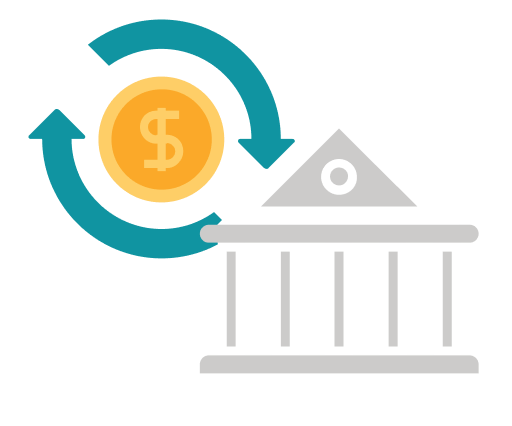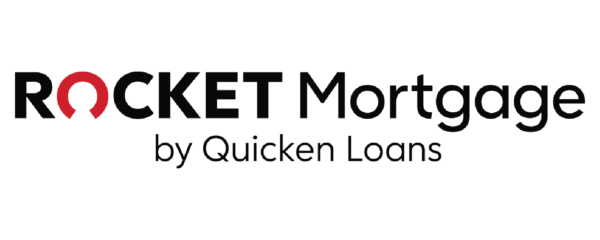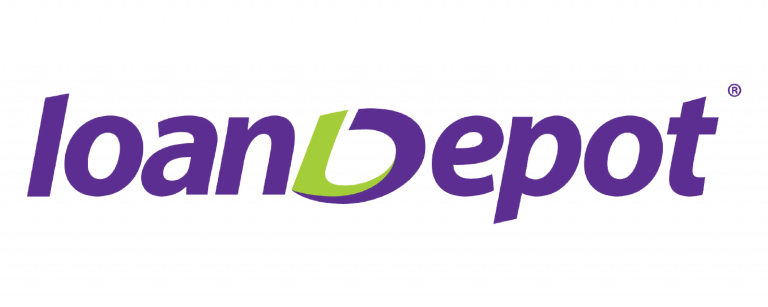Our goal is to give you the tools and confidence you need to improve your finances. Although we receive compensation from our partner lenders, whom we will always identify, all opinions are our own. Credible Operations, Inc. NMLS # 1681276, is referred to here as "Credible."
You don’t have to refinance with your existing mortgage lender. In fact, switching could actually save you money — that’s why it’s important to shop around and compare things like rates, fees, and service.
Comparison shopping is especially important during the COVID pandemic, when lenders have seen unprecedented levels of refinancing activity and may be backlogged with other borrowers.
With Credible, you can compare rates from the best refinance companies in the country. Our four partner lenders below can help get you a competitive rate on your next mortgage refinance.
Let’s take a look at Credible’s partner lenders:
1. Rocket Mortgage
For a painless application process, Rocket Mortgage is your best bet. The lender’s digital-first approach lets you view refinance options via a handy mobile app. When you’re ready to move forward, you can get pre-approved, apply for your loan, and lock in your rate from the app as well.
Rocket’s parent company — Quicken Loans — was actually named the top servicer for customer satisfaction last year, so you know you’re in good hands, too.
Pros
- Digital-first approach
- Transparent about rates
- Highly rated for customer service
Cons
- Digital application process may not be ideal if you have non-traditional income
- No ARMs (adjustable-rate mortgages)
Read Credible’s full review of Rocket Mortgage for more details.
2. Caliber Home Loans
If you’re not sure which loan product is best just yet, Caliber Home Loans can help. The lender offers a wide and varied range of home loan products, including jumbo, VA, and conventional mortgages.
Caliber even has renovation-specific loans like Fannie Mae’s HomeStyle Renovation or the FHA 203(k) which can help you refinance and fund your home improvements all in one transaction.
Pros
- Wide variety of loan options
- Many brick-and-mortar branches available across the country
- Helpful educational resources available on website
Cons
- Must contact lender for a rate quote
- No HELOCs or home equity loans
Read Credible’s full review of Caliber Home Loans for more details.
3. LoanDepot
If you’re planning to refinance your VA loan, then online lender LoanDepot might be a great choice. The company was one of the top 10 VA lenders in the country last year and even has dedicated VA specialists on staff.
Pros
- Experienced VA lender
- VA specialists on staff
- Loyalty perks available for future refinances
Cons
- Must contact lender for rates and terms
- No HELOCs, home equity loans, or USDA loans
Read Credible’s full review of LoanDepot for more details.
Keep reading: 7-1 ARM: Your Guide to 7-Year Adjustable-Rate Mortgages
Other mortgage refinance companies to consider
While we certainly recommend the above refinance lenders, they’re not your only options. For additional lenders to consider, see below.
Please note that because the following are not Credible partner lenders, you will not be able to compare personalized rates and apply for a loan from them through our platform.
| Lender | Details |
|---|---|
 | Loan types: Conventional, FHA, USDA, jumbo, non-QM Credit score: 620 (FHA, conventional), 680 (jumbo) Down payment: 3% (conventional), 3.5% (FHA), 10% (jumbo) |
|
|
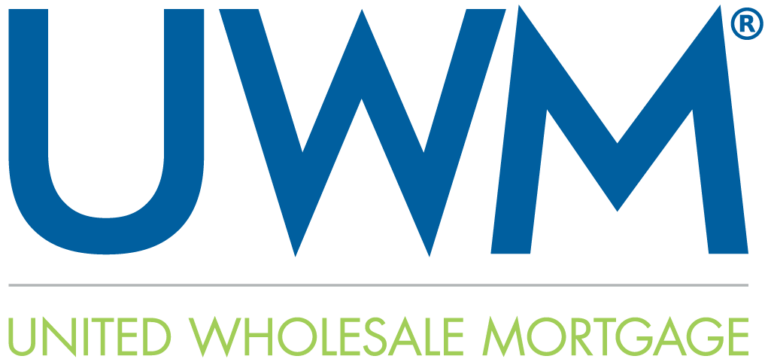 | Loan types: Conventional, FHA, VA, USDA, jumbo Credit score: 620 Down payment: Contact lender |
|
|
 | Loan types: Conventional, FHA, VA, jumbo Credit score: Contact lender Down payment: 3% (conventional), 3.5% (FHA), 0% (VA), contact lender for jumbo requirements |
|
|
 | Loan types: Conventional, FHA, VA, jumbo, Chase DreaMaker Credit score: Contact lender Down payment: 5% to 20% (conventional), 3.5% (FHA), 20% (jumbo), 0% (VA), 3% (Chase DreaMaker) |
|
|
 | Loan types: Conventional, FHA, VA, USDA, jumbo Credit score: Contact lender Down payment: 3% (conventional), 3.5% (FHA), 0% (USDA, VA) |
|
|
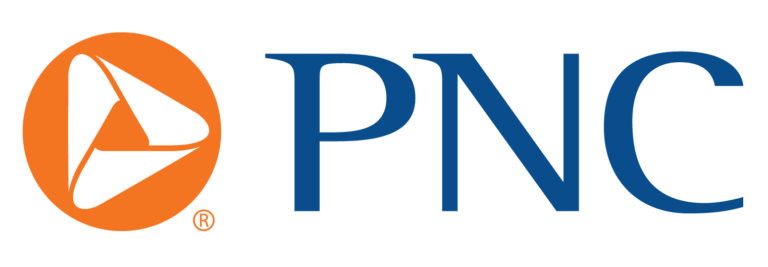 | Loan types: Conventional, FHA, VA, jumbo, USDA Credit score: Contact lender Down payment: 3% (conventional), FHA (3.5%), 0% (USDA, VA) |
|
|
 | Loan types: VA, VA jumbo loans Credit score: 640 Down payment: 0% |
|
|
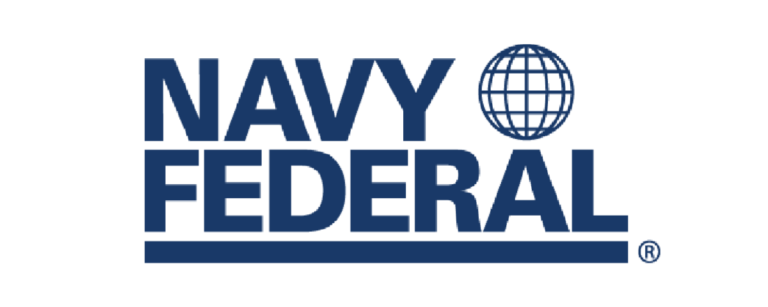 | Loan types: Conventional, VA Credit score: N/A Down payment: 5% (conventional), 0% (VA), 0 to 10% (ARMs) |
| Loan types: Conventional (fixed-rate only) Credit score: Contact lender Down payment: 5% |
|
|
|
 | Loan types: Conventional, FHA, VA, USDA, jumbo Credit score: Contact lender Down payment: 3% |
|
|
| [mp-lenderlist-cta] | |
Frequently Asked Questions
How does mortgage refinancing work?
Refinancing is when you take out a new mortgage loan and then use that loan to pay off and replace your current mortgage. There are two types of refinances you can choose from:
- Rate-and-term: A rate-and-term refinance is a traditional refinance. It replaces your old loan with a new one that has a different term and interest rate. It’s usually a good choice if you’re looking to lower your monthly payment.
- Cash-out: A cash-out refinance allows you to turn your home equity into cash. You replace your old loan with a higher-balance one, and then receive the difference in cash.
Learn More: How to Refinance Your Mortgage in 6 Easy Steps
What are the benefits of refinancing?
The biggest benefit of refinancing is that it can lower your interest costs and reduce your monthly payments. Accessing cash or switching loan types can be good reasons to refinance, too.
Let’s look at these benefits in more depth:
- Lowering your interest rate: Most homeowners refinance to take advantage of low interest rates. If market rates drop below the rate on your current loan, refinancing could mean paying less per month and in the long run.
- Reducing your monthly payment: Refinancing into a loan with a lower interest rate is one way to lower your monthly mortgage payments. You can also replace your old loan with a longer-term one — for example, by refinancing from a 15-year to a 30-year mortgage. This spreads the balance out further and reduces your payment even more.
- Tapping your home equity: With cash-out refinancing, you can tap your home equity to use toward home improvements, sudden medical bills, tuition, or other expenses you have on your plate.
- Changing your loan type: If you have an adjustable-rate loan (meaning the interest rate can change periodically), then you may want to refinance into a fixed-rate mortgage. This would give you a consistent rate and payment.
How do I qualify for refinancing?
The exact requirements you’ll need to meet vary by lender and loan program, but generally, you’ll need at least the following to qualify for a refinance:
- Minimum credit score: 600 to 620
- Debt-to-income ratio: 43% or lower
- Home equity: 20% or more
In March 2021, the majority (nearly 89%) of refinance borrowers had a credit score of 700 or higher. You may be able to get a refinance loan with bad credit, but you’ll need to be stellar in other areas.
Check Out: Credit Score Needed to Refinance Your Home
How much does it cost to refinance?
Refinancing does come with closing costs. According to 2020 averages, the typical homeowner pays just under $3,400 total to refinance their mortgage, though it varies by state.
Some lenders offer what are called no-closing-cost mortgages. These allow you to finance your closing costs — or roll them into your loan balance — and pay them off over time.
Does it make sense to refinance now?
The best time to refinance is when rates drop lower than what’s on your current loan, you need an infusion of cash, or when you’re nearing a potential rate increase on your adjustable-rate mortgage. Keep in mind you’ll also need savings on hand to cover the closing costs.
How do I choose the best mortgage refinancing lender?
Shopping around for your refinancing lender is critical, and according to Freddie Mac, comparing just five different companies can save you as much as $3,000.
When comparing your options, be sure to look at:
- Interest rate and APR
- Loan term
- Points and origination fees
- Total closing costs
- Ratings and reviews from past customers
To get a great refinance rate, consider using Credible. You can compare several refinancing rates from our partner lenders all at once — checking rates is free and won’t affect your credit score.
Methodology: Credible evaluated loan and lender data points in seven categories to identify "best companies" for mortgages. We looked at each lender's interest rates, fees, and the availability of repayment terms and discounts. We also considered each company's eligibility requirements, minimum down payment (for purchase), and the level of customer service provided. Because every lender has its own system for evaluating borrowers, the best loan or lender will depend on an individual's unique circumstance, the loan features that are most important to them, and the interest rate and terms they qualify for.
